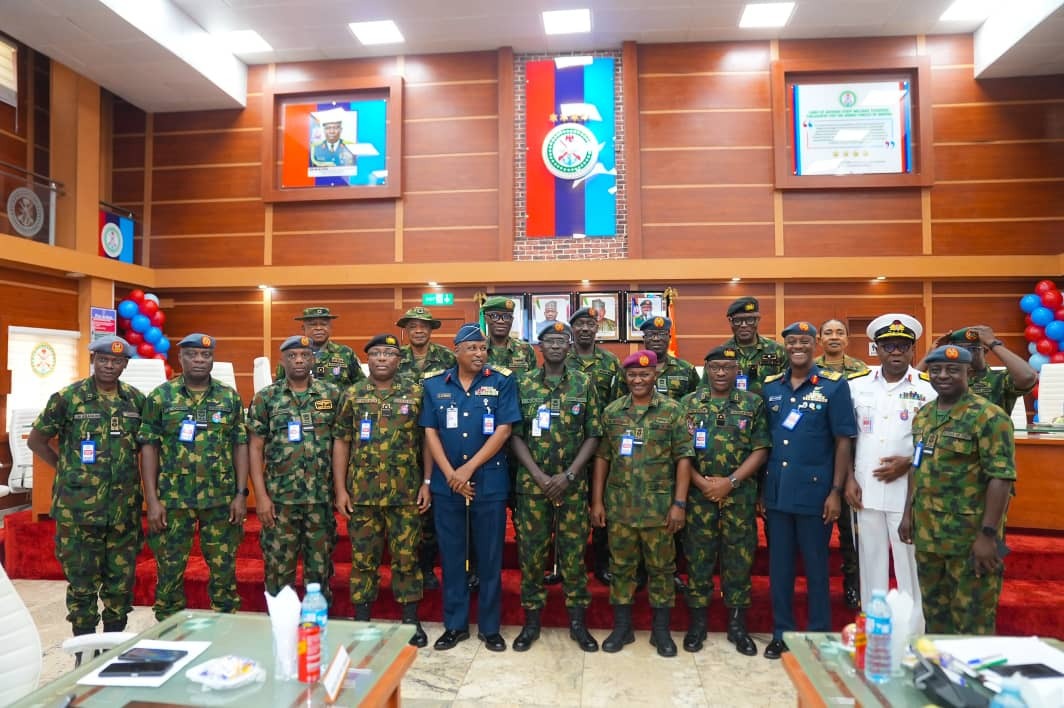
A professor of Sociology from the University of Benin, Kingsley Omoyibo, has challenged stakeholders and leaders in oil communities of Niger Delta to explore humanistic methods in resolving persistent conflicts, saying it is more results-oriented.
Arguing that frequent conflicts between oil bearing communities in the region and oil firms arose due to non-existent humanistic community engagement processes, Omoyibo challenged the government and oil firms to tap into this conflict resolution model.
Speaking during the fourth lecture series of the Federal University of Petroleum Resources (FUPRE), Effurun, Delta State, themed: ‘Peace and Conflict Resolution Between Host Communities and Oil Companies in the Niger Delta: The Humanistic Perspective,’ Prof. Omoyibo said oil, which would have driven development, has paradoxically become the main source of conflicts in the region.
He noted that despite over 20 oil companies operating in 606 oil fields in the region, the presence of these companies has generated a myriad of challenges, leading to protracted conflicts with host communities.
He said the conflicts, rooted in grievances arising from environmental degradation, socio-economic disparities and human rights violations, have fueled resentment and fostered a climate of hostility between communities and the oil/gas companies.
Omoyibo urged oil firms and governments at all levels to adopt a humanistic approach in resolving conflicts between host communities and oil/gas companies in the Niger Delta. He stressed that the method can navigate complexities of the conflict, address underlying causes and forge a sustainable path towards peace.
According to Omoyibo, by adopting a humanistic approach, stakeholders can foster empathy, understanding and cooperation, leading to sustainable peace and resolution of conflicts.
He said: “The humanistic perspective, rooted in psychology, focuses on unique qualities and potential of individuals, emphasising their self-worth and personal growth. It emphasises the importance of subjective experiences, free will and personal agency.”
He further explained: “As a result of the deep-rooted conflict and its multifaceted ramifications, it is paramount to approach the resolution process from a humanistic standpoint. This perspective acknowledges the intrinsic worth and dignity of every individual involved, emphasising the significance of empathy, understanding and collaboration.”
He submitted that challenges/conflicts persist due to issues of mistrust, historical grievances and the need for government intervention, as well as corporate social responsibility.






